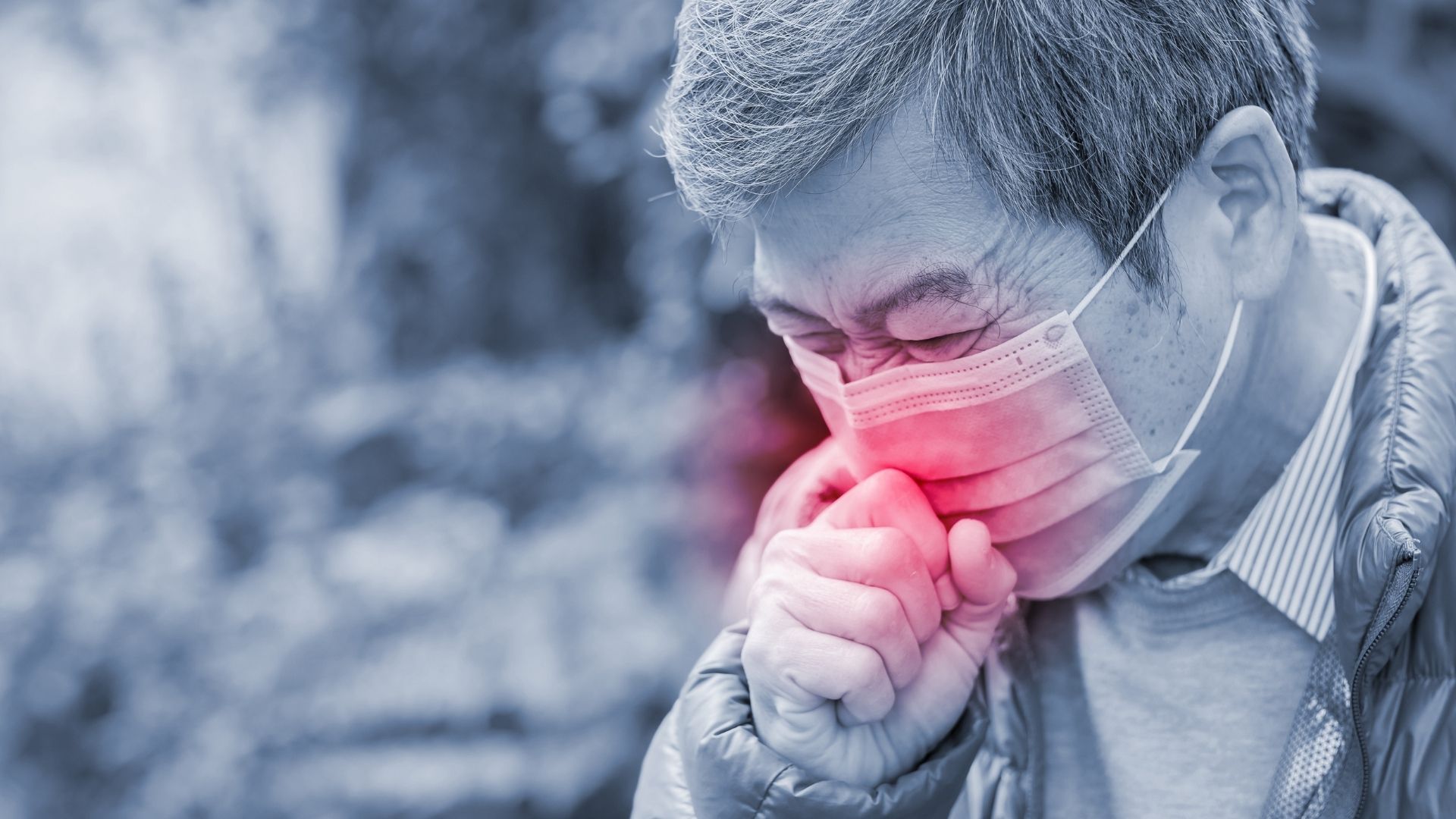Living with asthma can be challenging, but understanding your symptoms and learning how to manage them can make all the difference. With the right care, you can control asthma, breathe easier, and enjoy an active life. DoctorTora’s convenient telemedicine service provides personalized support to help you manage asthma effectively from home.
Symptoms, Causes, and Treatment
Introduction
Asthma is a chronic respiratory condition that affects millions of people worldwide. It causes inflammation and narrowing of the airways, making it difficult to breathe. While asthma can’t be cured, it can be effectively managed with the right care and treatment.
With telemedicine services like DoctorTora, you can consult a healthcare provider to discuss your symptoms and develop a personalized management plan. This article provides a comprehensive guide to understanding asthma, its causes, symptoms, and how to manage it effectively.
What is Asthma?
Asthma is a long-term condition that affects the airways in your lungs. When exposed to certain triggers, the airways become inflamed, swollen, and produce excess mucus. This makes breathing difficult and can lead to episodes known as asthma attacks.
Asthma affects people of all ages, but it often begins in childhood. While some people experience mild symptoms, others may have severe and persistent asthma that requires continuous management.
Common Symptoms and Causes of Asthma
Symptoms
Asthma symptoms can vary in frequency and severity, and they may include:
- Wheezing: A whistling sound when breathing, especially during exhalation.
- Shortness of breath: Difficulty breathing, particularly during physical activity or at night.
- Chest tightness or pain.
- Coughing: Often worse at night or early in the morning.
- Difficulty sleeping: Due to breathing problems or coughing.
Causes
The exact cause of asthma isn’t fully understood, but it is believed to result from a combination of genetic and environmental factors. Common triggers include:
- Allergens: Pollen, dust mites, mold, or pet dander.
- Irritants: Smoke, pollution, or strong odors.
- Respiratory infections: Colds, flu, or other infections.
- Exercise: Particularly in cold or dry air.
- Weather changes: Sudden temperature drops or high humidity.
- Stress and emotions: Intense stress or laughter can trigger symptoms.
How is Asthma Diagnosed?
Diagnosing asthma involves evaluating symptoms, medical history, and conducting specific tests.
Steps in Diagnosis
- Medical history: Discussing symptoms, their triggers, and family history of asthma or allergies.
- Physical examination: Listening to the lungs for signs of wheezing or other abnormalities.
- Spirometry: A lung function test that measures how much air you can exhale and how quickly.
- Peak flow meter: A handheld device that measures the strength of your exhalation.
- Allergy testing: To identify specific allergens that may trigger asthma symptoms.
Through DoctorTora, you can discuss your symptoms and determine whether further diagnostic tests are needed.
How is Asthma Treated?
Medications
Asthma treatment focuses on controlling symptoms and preventing attacks. Common medications include:
- Reliever inhalers: Quick-relief medications like short-acting beta agonists (e.g., salbutamol) to open airways during an attack.
- Controller inhalers: Long-term medications like corticosteroids to reduce airway inflammation.
- Combination inhalers: Contain both a reliever and a controller for better management.
- Leukotriene modifiers: Oral medications to reduce airway inflammation and prevent symptoms.
- Biologics: For severe asthma that doesn’t respond to standard treatments.
Other Treatments
- Allergy management: Avoiding allergens and using antihistamines if needed.
- Pulmonary rehabilitation: Breathing exercises and education to improve lung function.
Self-Care Instructions for Asthma
Managing asthma involves more than just taking medications. Here are some self-care tips:
- Use your inhaler correctly: Follow your doctor’s instructions to ensure the medication reaches your lungs.
- Avoid triggers: Identify and minimize exposure to allergens, irritants, and other triggers.
- Maintain a healthy lifestyle: Exercise regularly, eat a balanced diet, and stay hydrated to support overall lung health.
- Monitor your symptoms: Keep a diary of your symptoms and peak flow readings to detect changes.
- Create an asthma action plan: Work with your doctor to develop a plan for managing symptoms and knowing when to seek help.
When to Seek Care with Telemedicine for Asthma
Telemedicine is a convenient way to manage mild to moderate asthma symptoms or discuss long-term care plans.
Steps to Seek Telemedicine Care:
- Download the DoctorTora app from the App Store or Google Play
- Select “Cough and Wheeze” under symptoms on the home screen.
- Queue for an immediate consultation or book an appointment for a future time.
- Receive a consultation report with a detailed treatment plan and a prescription if necessary.
DoctorTora allows you to access professional advice and receive prescriptions for asthma medications without visiting a clinic.
When to Seek Urgent Care at a Physical Hospital for Asthma
While asthma can often be managed at home, certain symptoms indicate a medical emergency:
- Severe difficulty breathing or shortness of breath that doesn’t improve with a reliever inhaler.
- Blue lips or face.
- Rapid breathing or inability to speak in full sentences.
- Chest pain or tightness that worsens.
- Confusion or drowsiness.
If you experience these symptoms, seek emergency care immediately.
FAQ
- Is asthma contagious?
No, asthma is not contagious. It is a chronic condition caused by genetic and environmental factors. - Can asthma go away on its own?
While some children may outgrow asthma, it is typically a lifelong condition that requires ongoing management. - Can exercise trigger asthma?
Yes, exercise-induced asthma is common, but it can be managed with proper medications and warm-up routines.
Related Articles
Explore more helpful resources on our website:
- Allergy: Causes and Treatment
- Managing Cough in Adults
- Understanding Bronchitis



